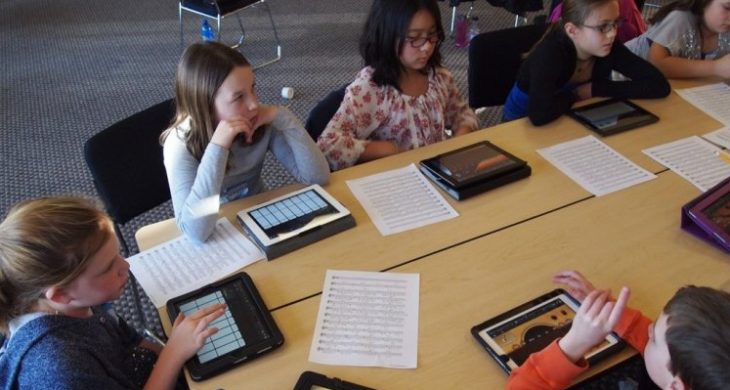Executive function skills are used to plan, make decisions, and manage information. For example, before setting out on a daylong hike, an adult living in an area with fluctuating temperatures would probably check the weather forecast first and pack several types of clothing. On the other hand, children would likely not do either because their executive functions are still developing.
There are three areas of executive functioning: self-control, mental flexibility, and working memory. People are not born with these skills ready to go. Rather, they must be nurtured and developed, and research shows a relationship between less structure in childhood and better-developed executive function.
Structure versus Free Time
Of course, school days must be structured. Otherwise, the days would be chaos, and kids would have a hard time learning. So, classes such as math, English, and science follow set times and are taught by the same people. Lunch and recess are normally at the same time every day. Routines do help children thrive.
However, according to a study by Frontiers in Psychology, “… children who spent more time in less-structured activities demonstrated better self-directed executive function,” which seems to indicate that some less structure might be a good idea for kids.
The Research
The schedules of 70 six-year-olds were assessed by psychologists at the University of Colorado and the University of Denver. After testing the children on skills that measure executive function, the researchers concluded that children who spent more time in less-structured activities had higher levels of self-directed executive function, including setting goals, making decisions, and regulating behavior.
The study could not determine whether the relationship between unstructured time and better executive functioning is causation or correlation. For example, if it is a correlation, it could be that the children with more highly developed executive function naturally gravitate toward less-structured time.
“Our results are really suggestive and intriguing,” says the senior author of the study, Professor Yuko Munakata. “Executive function is extremely important for children. It helps them in all kinds of ways throughout their daily lives, from flexibly switching between different activities rather than getting stuck on one thing, to stopping themselves from yelling when angry, to delaying gratification. Executive function during childhood also predicts important outcomes, like academic performance, health, wealth, and criminality, years and even decades later.”
Unstructured Activities at School
It can be possible to have adequate unstructured time even if a day appears very structured. For example, during fifth-grade English class for a two-week block, the teacher could give students the opportunity to put on a play of their choice and to make their own decisions as to who plays the roles, when to give a school performance, how to coordinate the time with the principal and how to market the play to other classes and so on (the scope of freedom somewhat depends on the grade level/student abilities).
However, this type of unstructured activity doesn’t always happen. A class may put on a play, but everything has been decided for the students beforehand. They’re told the name of the play, who is playing whom, and they don’t need to worry about liaising with anyone outside of the classroom. In some situations, this approach is fine, but it may not offer enough unstructured time for the kids.
Benefits of Self-Directed Unstructured Time:
- When children decide how they spend their time, they’re able to practice setting goals and figuring out what to do next.
- When a group of children work together to decide what to do, they’re practicing critical socializing skills.
- Children live with natural outcomes, whether positive or negative, that stick in their minds longer than they would for an externally directed activity.
- In a less-structured activity, children can develop a sense of internal controls and self-direction.
Ways that Less Structure Could Improve Child Development:
- Allowing free playtime in classrooms
- Letting students make mistakes so they can learn from them
- Helping students plan an afternoon by letting them set their own goals and schedules
- Encouraging imaginative, social pretend play
- Giving assignments with fewer rules
- Allowing students to use video, programming, art, writing, and other disciplines to complete a project that might have otherwise taken the shape of a traditional paper
- Creating periods where older students can do what they would like, whether it’s reading a book or tutoring another student in math (or something else entirely!)
- Changing up assigned roles for each class project so students get exposure to a different range of decisions
Though more study is necessary, it seems that giving children more opportunities now to make their own decisions in a less structured environment may help them to be healthier, more successful adults.
,










